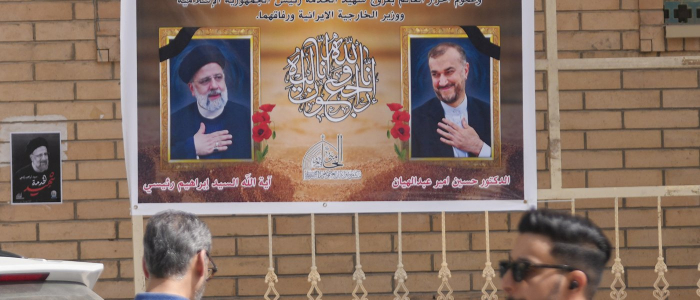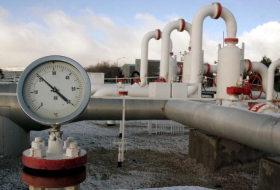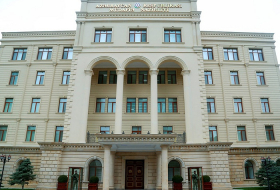On May 19, 2024, a helicopter carrying Iranian president Ebrahim Raisi, Iranian foreign minister Hossein Amir-Abdollahian, and other Iranian officials crashed in a mountainous region of northwest Iran, killing all on board.
Q1: What will be the impacts of the deaths of Raisi and Amir-Abdollahian?
A1: In the near term, the principal impacts will be domestic rather than international. The coercive power of the state in Iran is under the supreme leader, not the president. Still, Raisi was a trusted partner and ideological soulmate to the revolutionary clerical establishment. In fact, many expected him to be in the running for supreme leader after the incumbent, 85-year-old Ayatollah Ali Khamenei, leaves the scene.
Raisi’s death raises the prospect of renewed jockeying for the position. This does not guarantee the rise of the person seen as Raisi’s chief rival for the job, Khamenei’s son Mojtaba. There is deep resistance to the inheritance of power in Iran, and the broader clerical establishment still prides itself on having a deep meritocratic streak, which Mojtaba’s nepotistic rise would undermine even more than Raisi’s would have.
Q2: Will the government pull together after this incident?
A2: The most likely outcome is quiet competition within the state’s coercive apparatus, with elements of the Islamic Revolutionary Guard Corps and military and intelligence figures competing for advantage, and a possible marginalization of clerical leadership in the longer term. This trend has been underway in Iran for more than a decade, as popular hostility to the rule of clerics grows among Iran’s young and increasingly impoverished population.
Q3: Will this provoke a revolution?
A3: It is possible but unlikely that the public will seize on the apparent disarray and rise against the leadership. Many Iranian insiders consider this unlikely, in part because many Iranians believe they are still suffering from the consequences of the 1979 revolution, which started as a broad-based effort that was captured by charismatic religious personalities.
While many Iranians look down on the Arab world, the Arab Spring does not provide much encouragement to popular revolution, either. The base case is no meaningful change in the near term; almost equally likely is the possibility that a political figure will rise from within the government pledging reform, improved governance, and economic revitalization. How much real change that would bring is unclear. The likelihood of radical upheaval is below 10 percent.
Q4: What effects will this have on Iranian foreign policy?
A4: The pillars of Iranian foreign policy, including the “axis of resistance”—an effort to court China and Russia—and greater regional dialogue, will remain unchanged. The latter is likely to suffer to a degree because Amir-Abdollahian was a deliberate diplomat and an Arabic speaker who had spent years cultivating relationships among Iran’s neighbors and had earned a small degree of trust. Amid uncertainty, it will take some time to rebuild those ties.
Q5: What is the likelihood this was an assassination?
A5: It’s unlikely but not impossible. Raisi certainly had a lot of enemies, both foreign and domestic, but his death doesn’t really change the equation very much. In addition, the extremely poor weather that hampered rescue efforts is both a reasonable explanation for the accident and a hard element for plotters to predict. It bears looking at the equipment the president was flying—a U.S.-built helicopter that was reportedly purchased before the 1979 Iranian revolution. It is intended to fly only in visual flight conditions, and the Iranian government presumably has had difficulty purchasing modern safety equipment and spare parts. While similar helicopters remain in service around the world, it seems unlikely other countries would have flown their leadership in them in similar conditions.
Jon B. Alterman is a senior vice president, holds the Zbigniew Brzezinski Chair in Global Security and Geostrategy, and is director of the Middle East Program at the Center for Strategic and International Studies in Washington, D.C.
More about:
















































